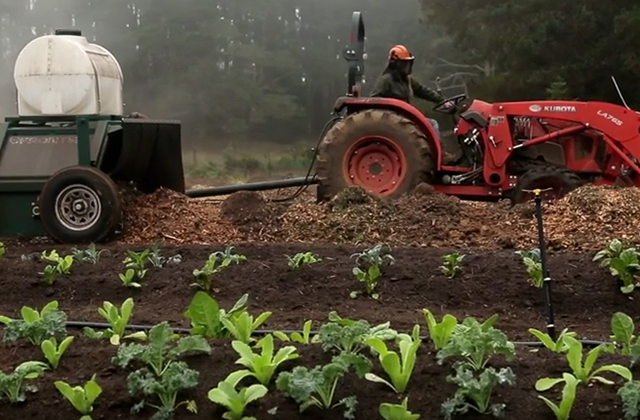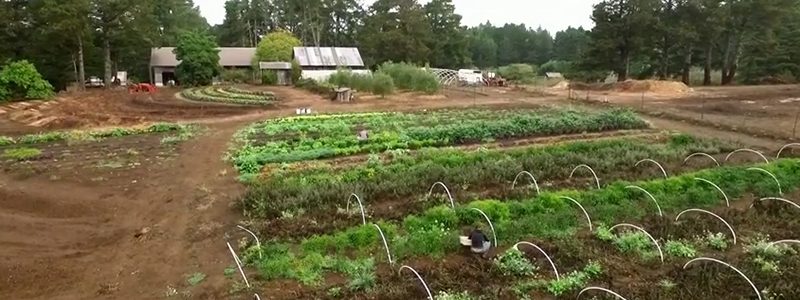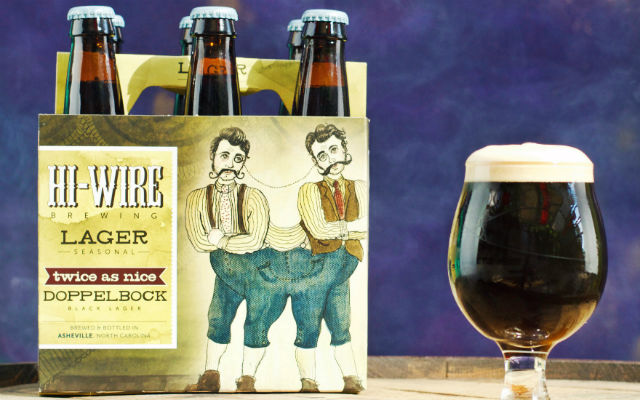
Led by its commitment to sustainability while still making high-quality craft beer, North Coast Brewing recently reorganized its corporate structure to become a Benefit Corporation (B Corp).
“Pursuing B Corp certification was a natural fit for North Coast,” said the brewery’s co-founder and president Mark Ruedrich. “We have always operated with the understanding that our business success depends on taking care of our employees, our community, and the environment. This certification and rigorous set of standards recognizes these values and challenges us to ask how we can do more. We hope that our participation will also help inspire other breweries to lead positive change.”
A B Corp’s board not only operate as a regular for-profit entity, it also is required to consider the impact of any choice not only on any possible shareholders, but also on society as a whole and how it could impact the environment.
The Fort Bragg, California brewery, which was the country’s 48th largest by volume in 2015, has stuck to its commitment to sustainability by partnering with Fortunate Farm, led by Gowan Batist.

The brewery on the Mendocino coast line sends its spent grain and hops and yeast slurry to be composted at the farm under the guidance of Batist who is also the brewery’s sustainability manager.
In a video posted on the brewery’s website, Gowan said she grew up on a farm and always wanted to continue the tradition. The brewery has helped her realize that goal with a 40-acre farm six miles south of the brewery.
Most breweries in the country can sell spent grain to cattle farmers, explained Ruedrich.
“That type of agriculture isn’t really practiced on the Mendocino coast and we were forced to explore other options,” he said.
So instead, a few times per day, deliveries of spent grain (about six tons per week) or hops are mixed in with redwood sawdust and carbon material at Fortunate Farm. It is aerated with oxygen.
“The finished results of combining all these together is a stable microbial environment high population of soil microorganism,” Batist said. “Those can help root systems of plants and help them pull atmosphere carbon and nitrogen from the air and sequestered it in the ground.”
Wasted beer is also trucked to the site where it is spread on the farm in a term North Coast liked to call “beerigation.”
The farm’s primary focus is “growing soil,” but it also grows mixed produce which is then sent back to the brewery to be used at taproom’s kitchen. Other produce made by the farm is sold at and several farmer’s markets or natural food stores.
At the brewery, other sustainability initiatives include extensive water saving and waste reduction efforts, and renewable energy.
“The example that we are setting for other breweries is there are ways to responsibly deal with a waste stream,” Ruedrich said. “In the process we are making beautiful compost and Gowan is growing amazing vegetables and we have lovely fresh produce for our restaurant and we are sequestered carbon.




1 Trackback / Pingback